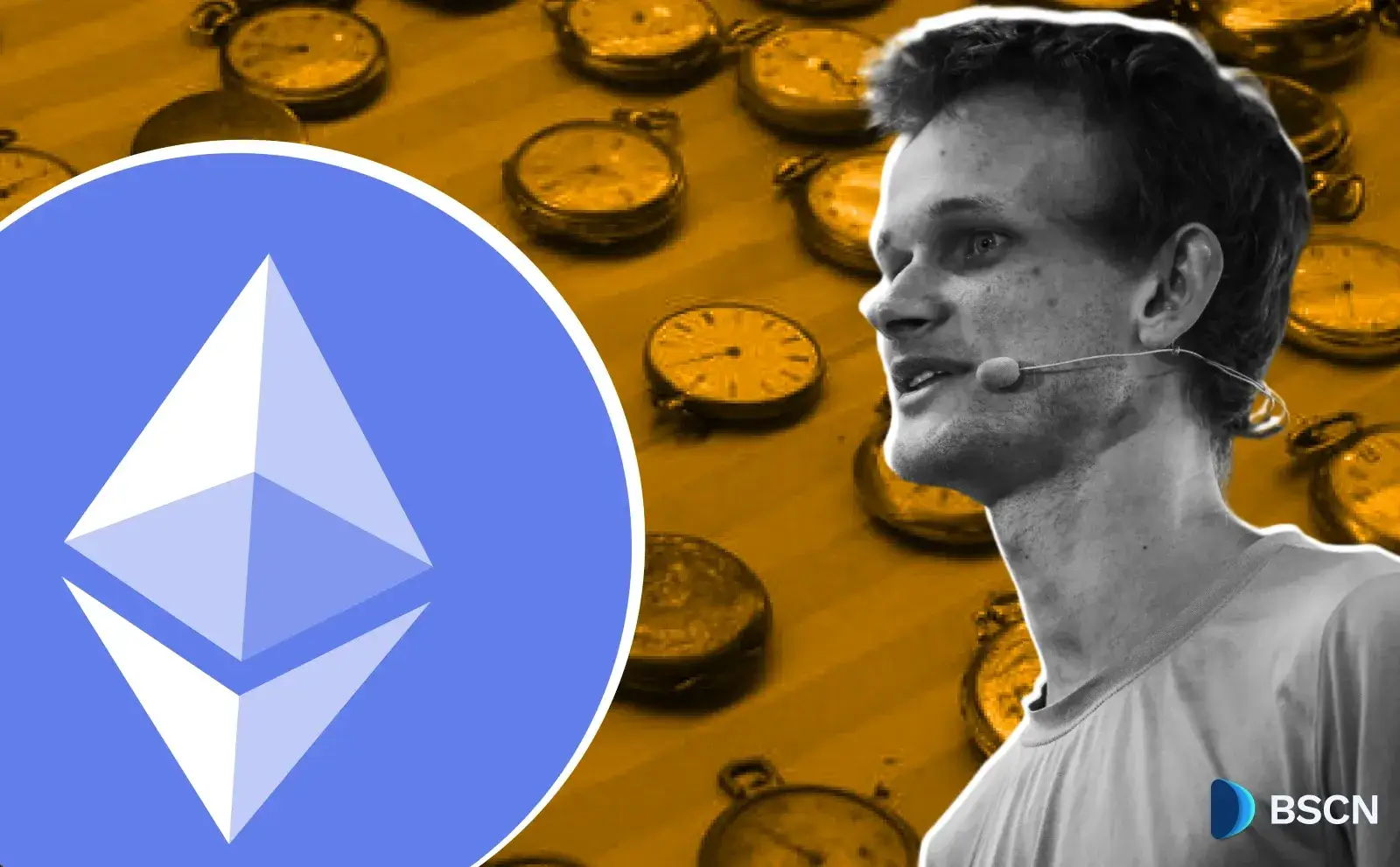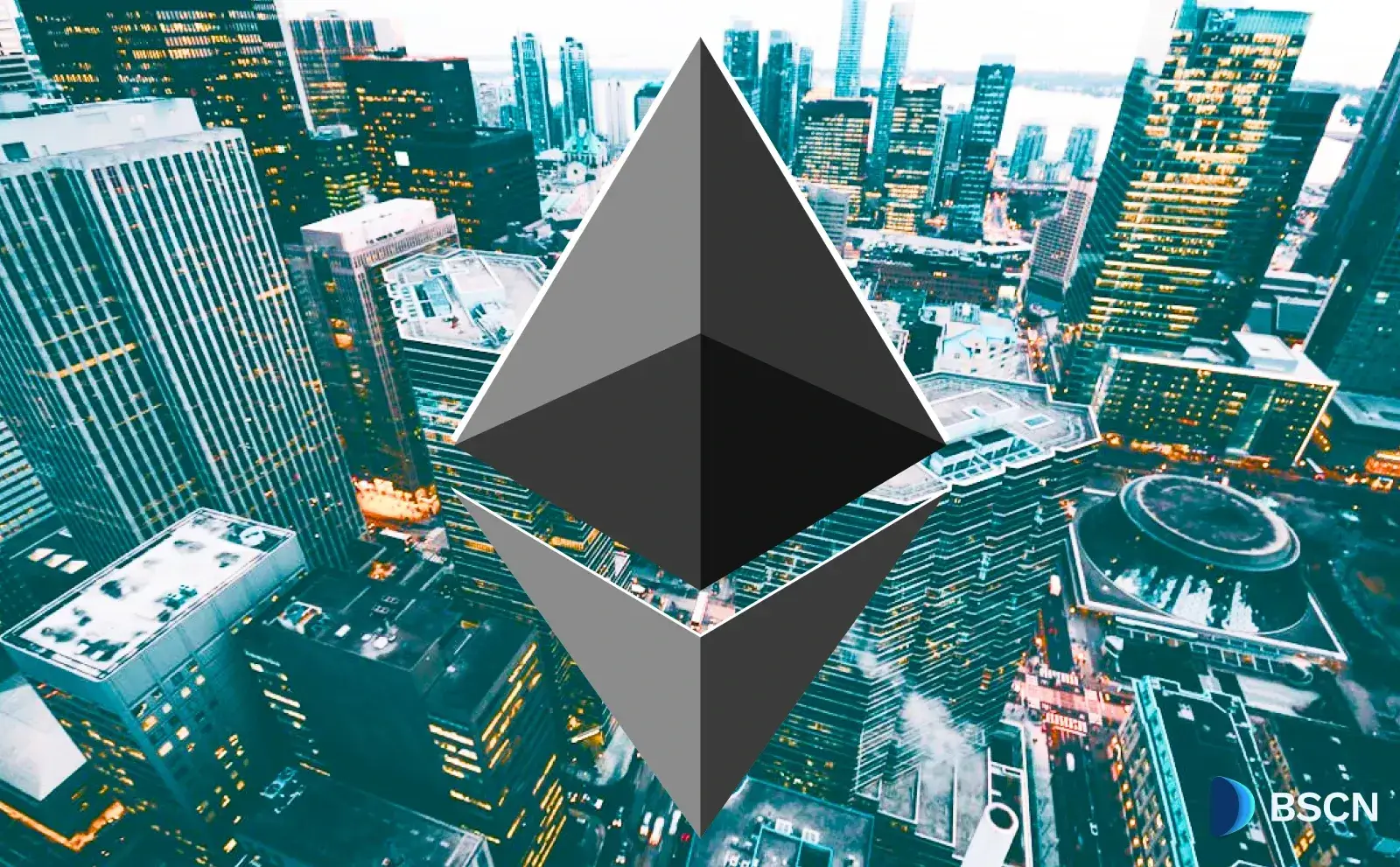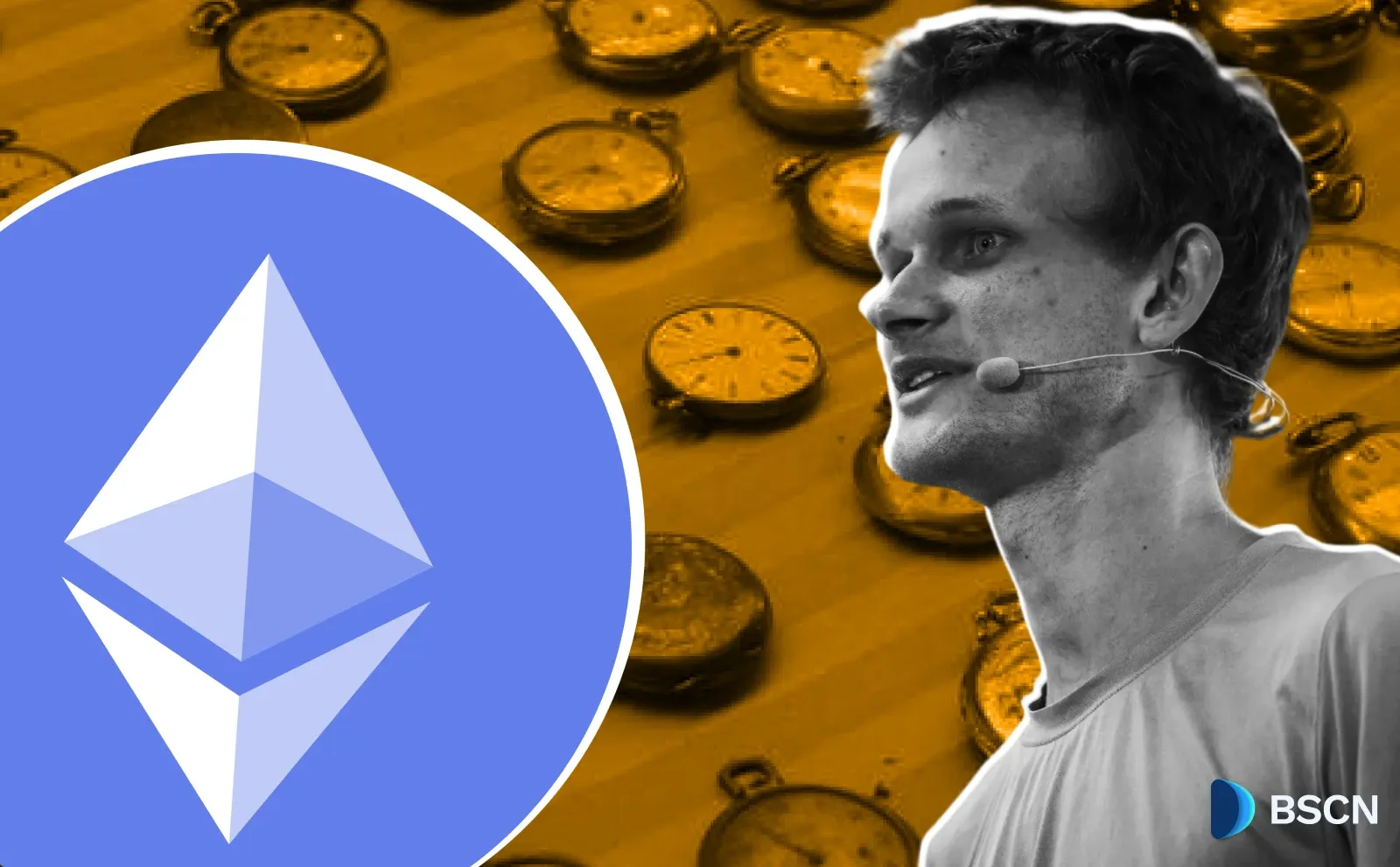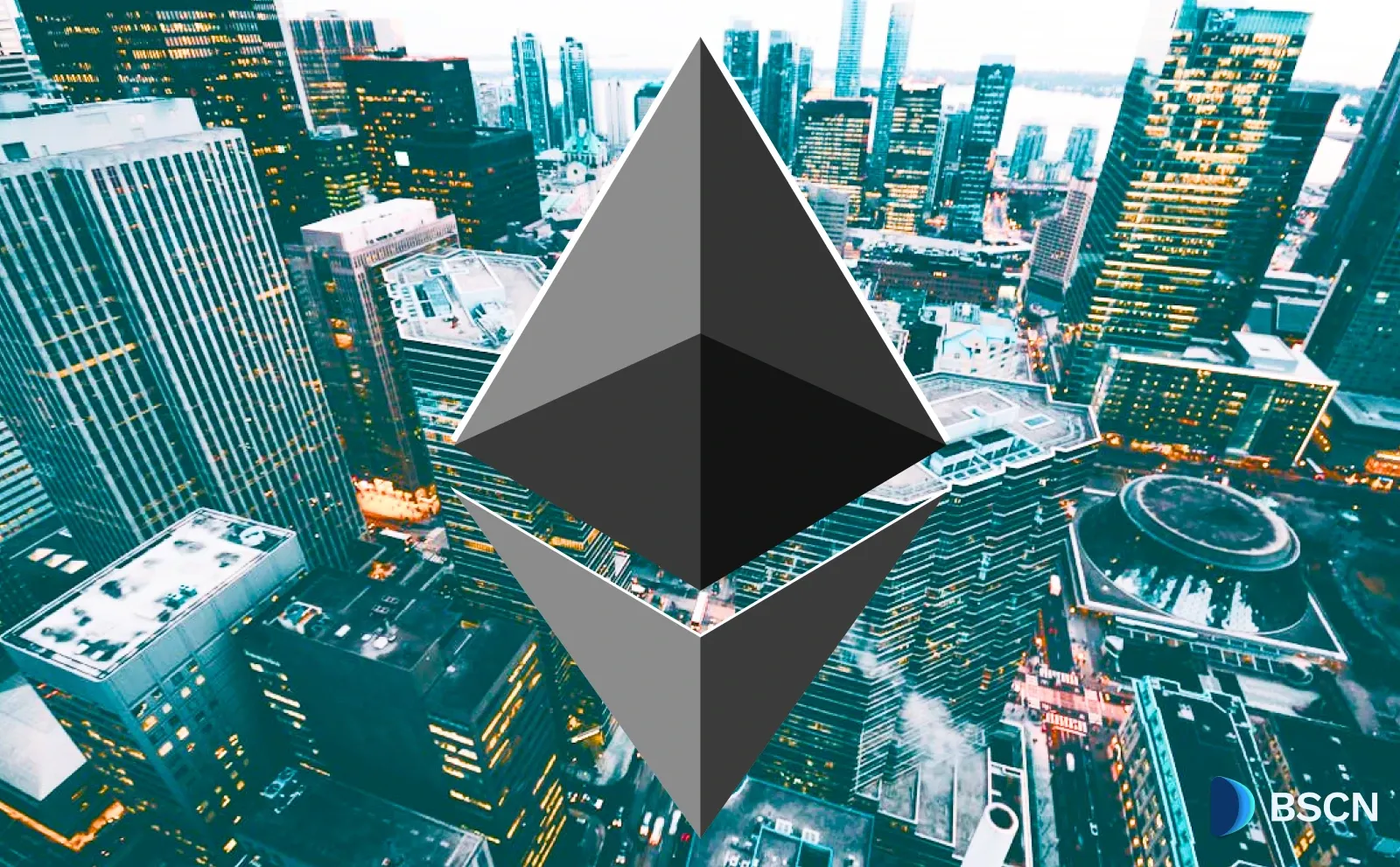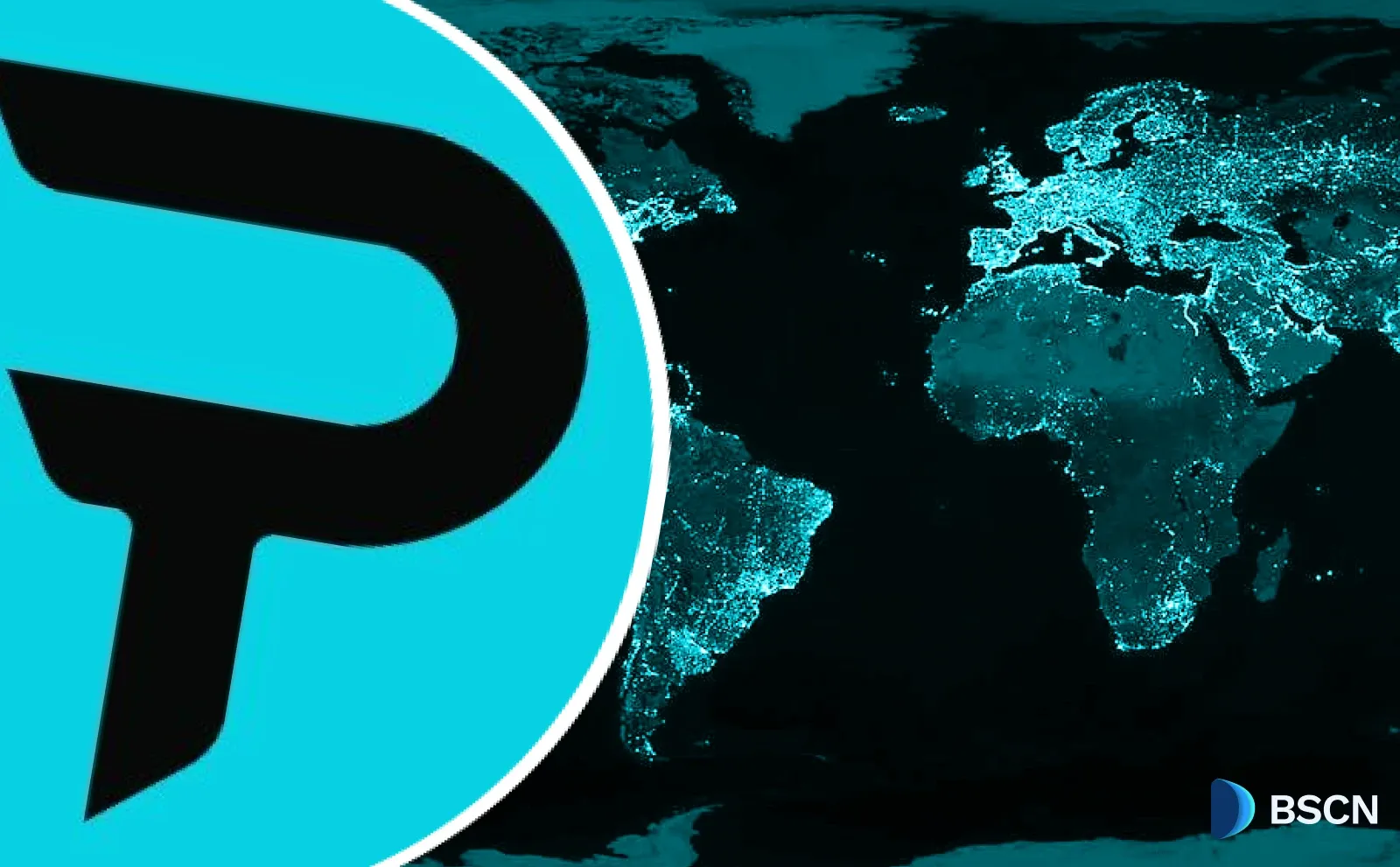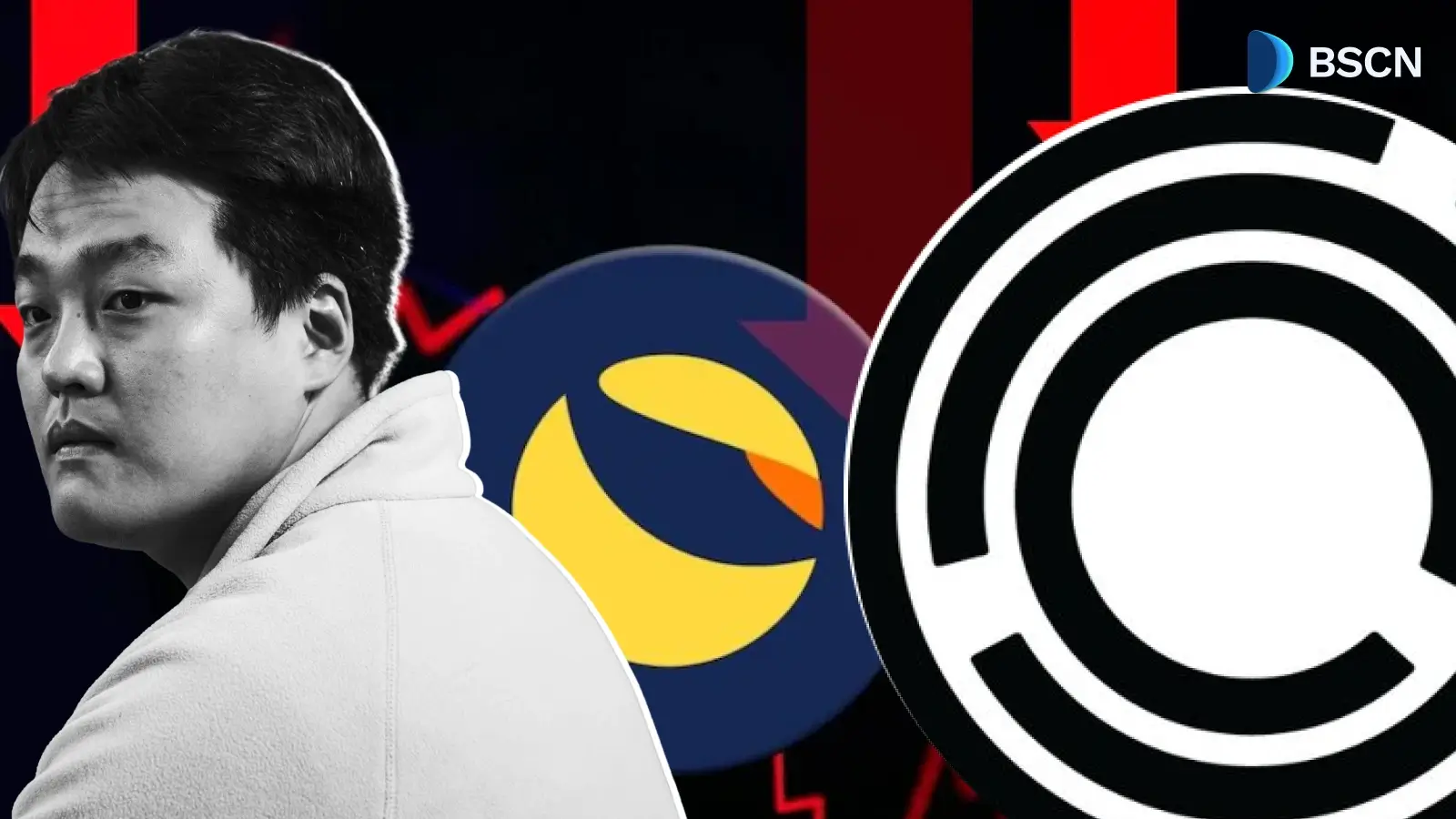What Makes BNB Chain's Lorentz Hard Fork a Game Changer?

Lorentz is part of a broader roadmap that includes the Maxwell Hard Fork, expected in June 2025, which will reduce BNB Chain's block time even further to 0.75 seconds.
Soumen Datta
April 11, 2025
Table of Contents
BNB Chain has taken a major step toward becoming one of the fastest and most efficient blockchain networks. The network has successfully completed the Lorentz hard fork on its testnets, laying the foundation for mainnet upgrades later this month.
Block times are now reduced to 0.5 seconds on opBNB and 1.5 seconds on the BSC testnet.
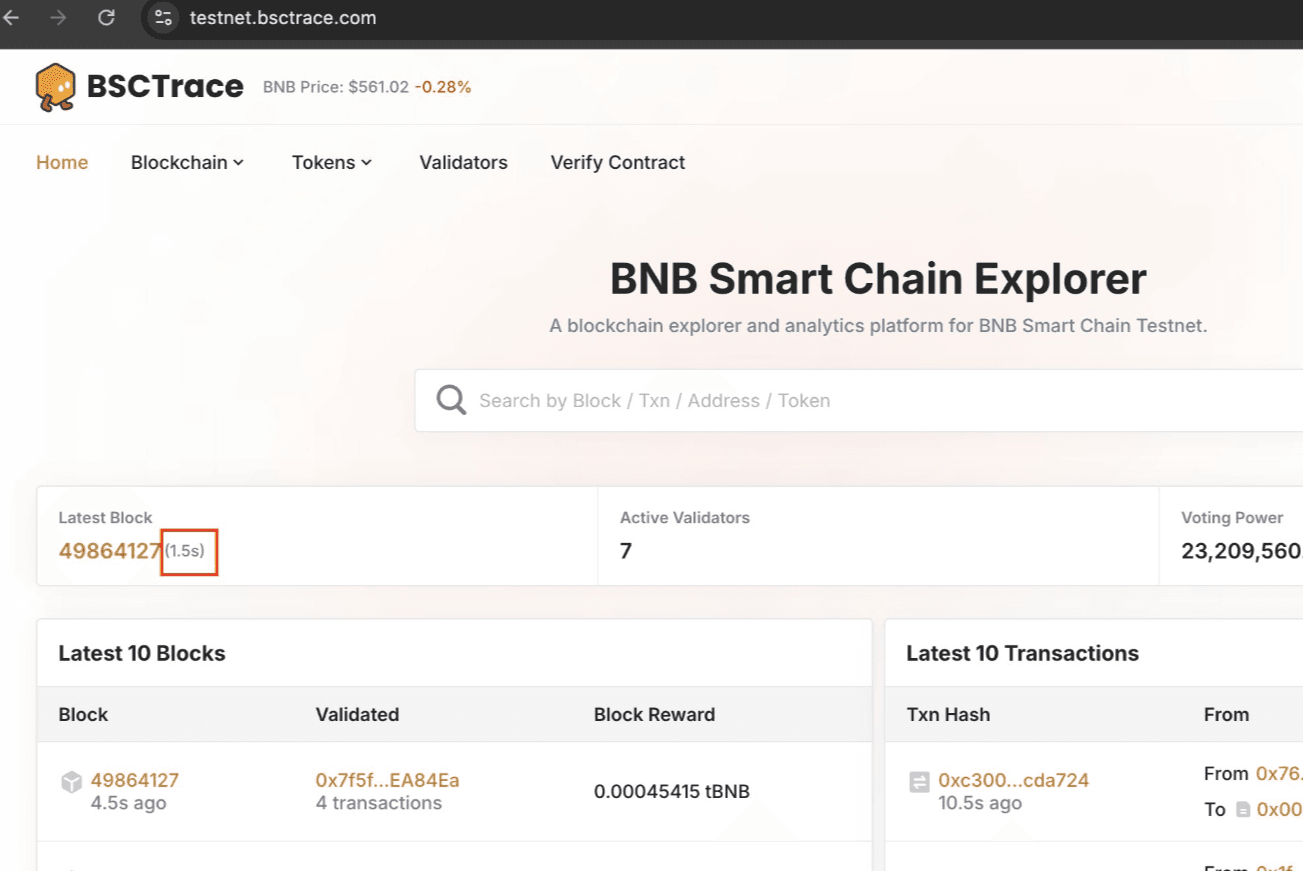
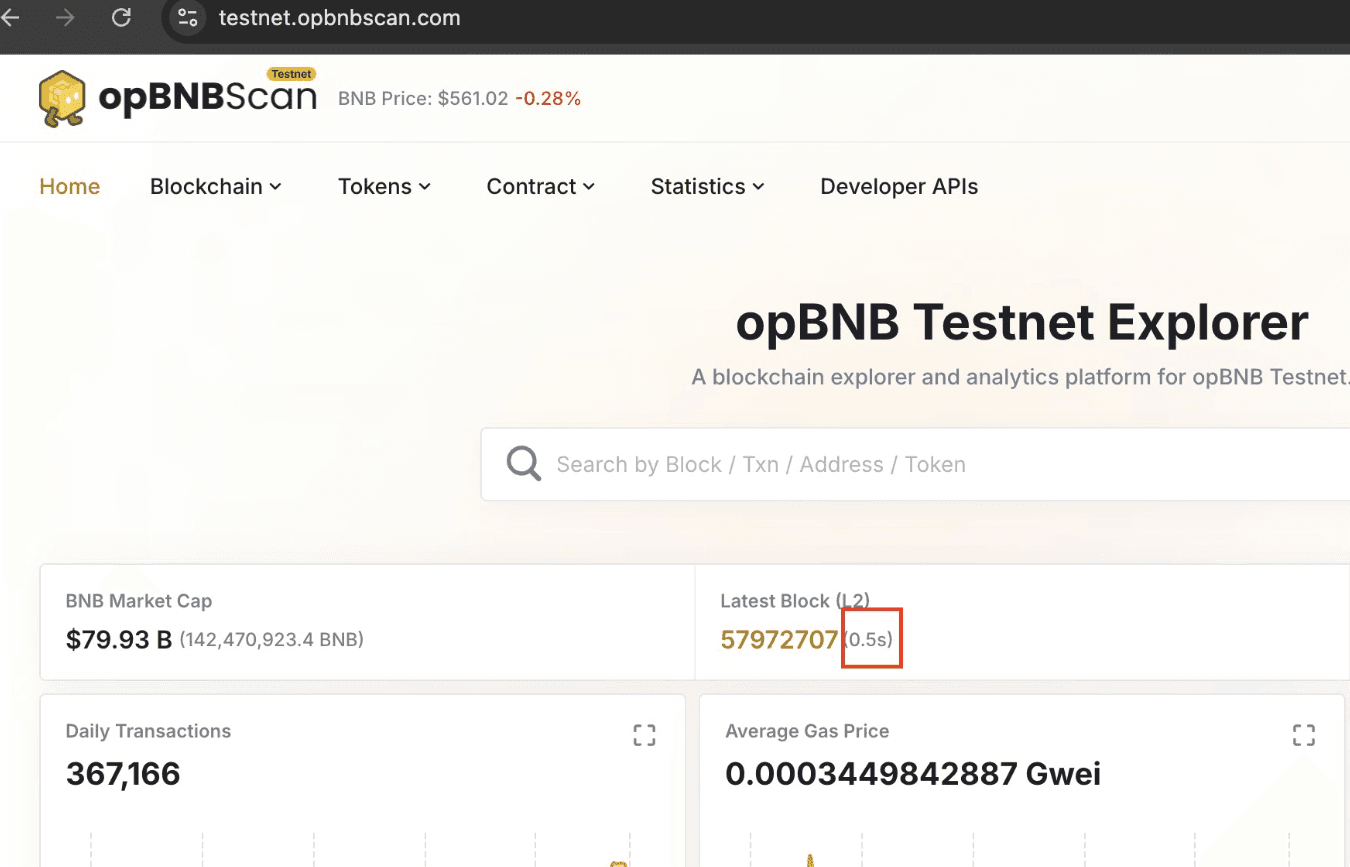
These changes are not just cosmetic. They represent a shift in how users, developers, and validators interact with the network. The upgrade makes the BNB Chain more scalable and more responsive.
Lorentz Hard Fork: The Speed Revolution Begins
Faster block intervals mean that transactions are confirmed more quickly, apps respond faster, and the network handles more activity with less congestion. The opBNB testnet is now running at a lightning-fast 0.5 seconds per block, making it one of the fastest EVM-compatible chains in operation.
The mainnet rollout for the Lorentz upgrade begins soon. opBNB is scheduled for April 21 at 03:00 AM UTC, followed by the BSC mainnet on April 29 at 05:05 AM UTC. These dates are critical, as infrastructure providers, exchanges, and validators need to upgrade their systems to stay in sync with the network.
Upgrades with Consequences: Developers Must Adapt
One of the key messages from BNB Chain is clear—developers must prepare for the new block timings. The shift to faster intervals changes the assumptions behind many dApps and smart contracts.
Code that relies on the traditional 3-second timing may run into problems. Developers have been advised to revisit their logic, especially if it includes time-based operations. Failure to do so could result in race conditions, syncing issues, or unpredictable behavior.
This is not an optional update. Projects built on BNB Chain must be re-tested under the new environment to avoid surprises in production.
Preparing for the Shift
BNB Chain’s technical team has issued clear instructions for node operators, validators, and infrastructure providers. If systems are not updated in time for the mainnet Lorentz rollout, they risk falling out of sync with the chain.
The consequences include missed transactions, broken connections, and degraded service. This is especially important as the BNB Beacon Chain approaches its sunset phase.
In line with this transition, the BNB Chain Wallet will soon move to a Lite Version. Some functionalities, such as sending and receiving tokens, viewing balances, and connecting to testnets, will be removed.
Following Up: The Maxwell Hard Fork on the Horizon
The Lorentz upgrade is not the final destination. BNB Chain is preparing for an even faster network with the Maxwell hard fork, scheduled for June 2025. This upgrade will reduce block times on BSC to just 0.75 seconds. The goal is to provide a near real-time experience for users, making dApps faster and more responsive while scaling to support more users in the long term.
As the crypto industry grows, especially under what many expect to be a more crypto-friendly administration in the US, demand for high-throughput networks will only increase.
From Pascal to Lorentz
The Lorentz upgrade builds on momentum created by the successful Pascal hard fork, which introduced major enhancements to EVM compatibility. With the integration of Ethereum Improvement Proposal (EIP) 7702, Pascal brought powerful new features to the BNB ecosystem.
Users no longer need to sign two separate transactions for a swap. This not only saves time and gas fees but also opens the door to a more seamless experience across decentralized applications. The update also enables gas abstraction, batch transactions, and the long-awaited rollout of smart accounts.
Unlike Ethereum’s earlier ERC-4337 workaround, which required users to create new wallets, Pascal integrates smart account functionality directly at the protocol level. This makes the BNB Chain experience smoother for newcomers and more flexible for developers. It’s easier to onboard users, build new wallet features, and deploy advanced contract-based accounts with features like social recovery and native multi-sigs.
Together, Pascal and Lorentz form a sequence of upgrades that transform BNB Chain from a fast alternative to Ethereum into a network with its own unique advantages.
BNB Chain’s Rising Influence
These upgrades arrive at a time when the BNB Chain is gaining serious momentum. According to DeFiLlama, weekly trading volume on BNB Chain’s decentralized exchanges recently reached $14.34 billion on March 16. That’s more than Ethereum’s $10.28 billion and Solana’s $7.92 billion.
BNB Chain TVL now stands at $5.07 billion.
Read Next...
Disclaimer
Disclaimer: The views expressed in this article do not necessarily represent the views of BSCN. The information provided in this article is for educational and entertainment purposes only and should not be construed as investment advice, or advice of any kind. BSCN assumes no responsibility for any investment decisions made based on the information provided in this article. If you believe that the article should be amended, please reach out to the BSCN team by emailing [email protected].
Author
 Soumen Datta
Soumen DattaSoumen has been a crypto researcher since 2020 and holds a master’s in Physics. His writing and research has been published by publications such as CryptoSlate and DailyCoin, as well as BSCN. His areas of focus include Bitcoin, DeFi, and high-potential altcoins like Ethereum, Solana, XRP, and Chainlink. He combines analytical depth with journalistic clarity to deliver insights for both newcomers and seasoned crypto readers.
Crypto Project & Token Reviews
Project & Token Reviews
Comprehensive reviews of crypto's most interesting projects and assets
Learn about the hottest projects & tokens



